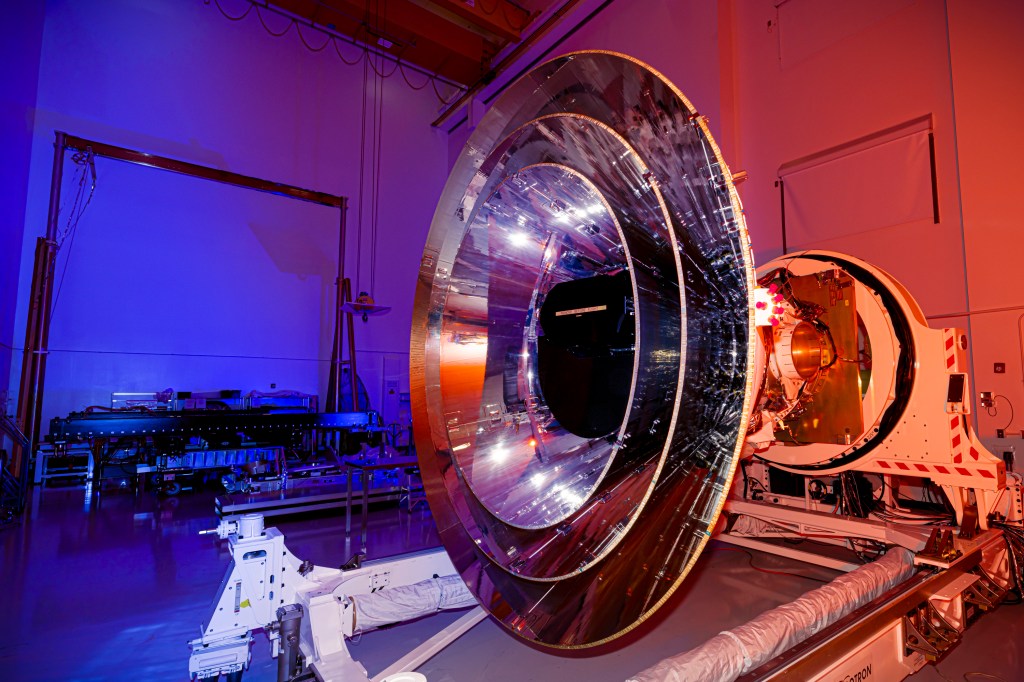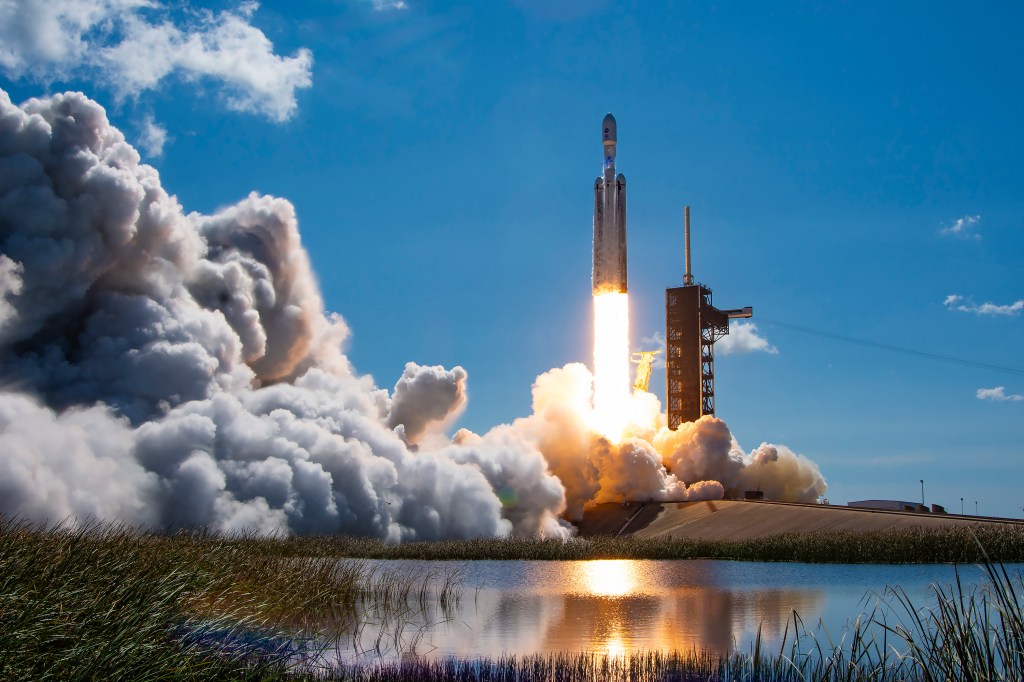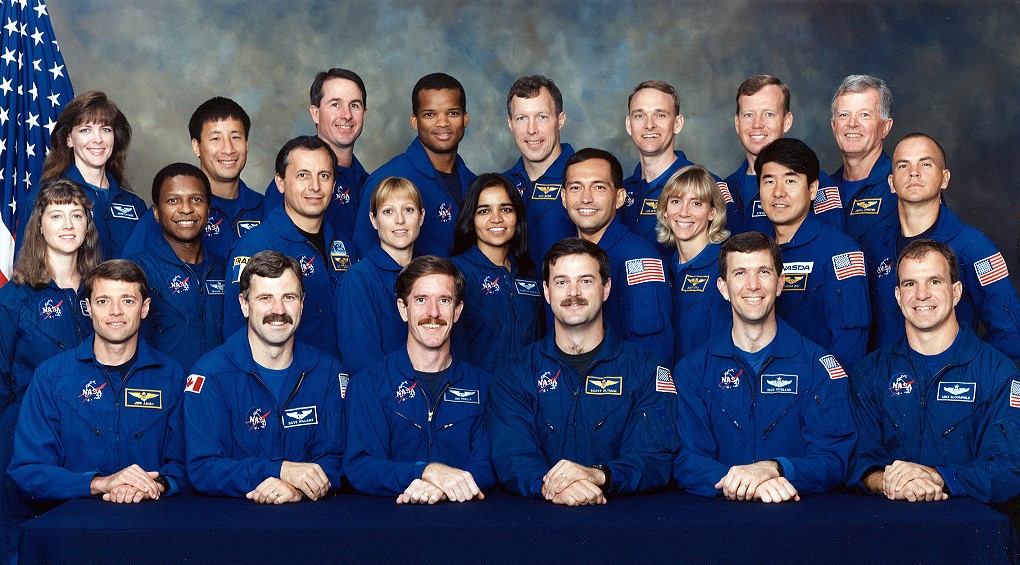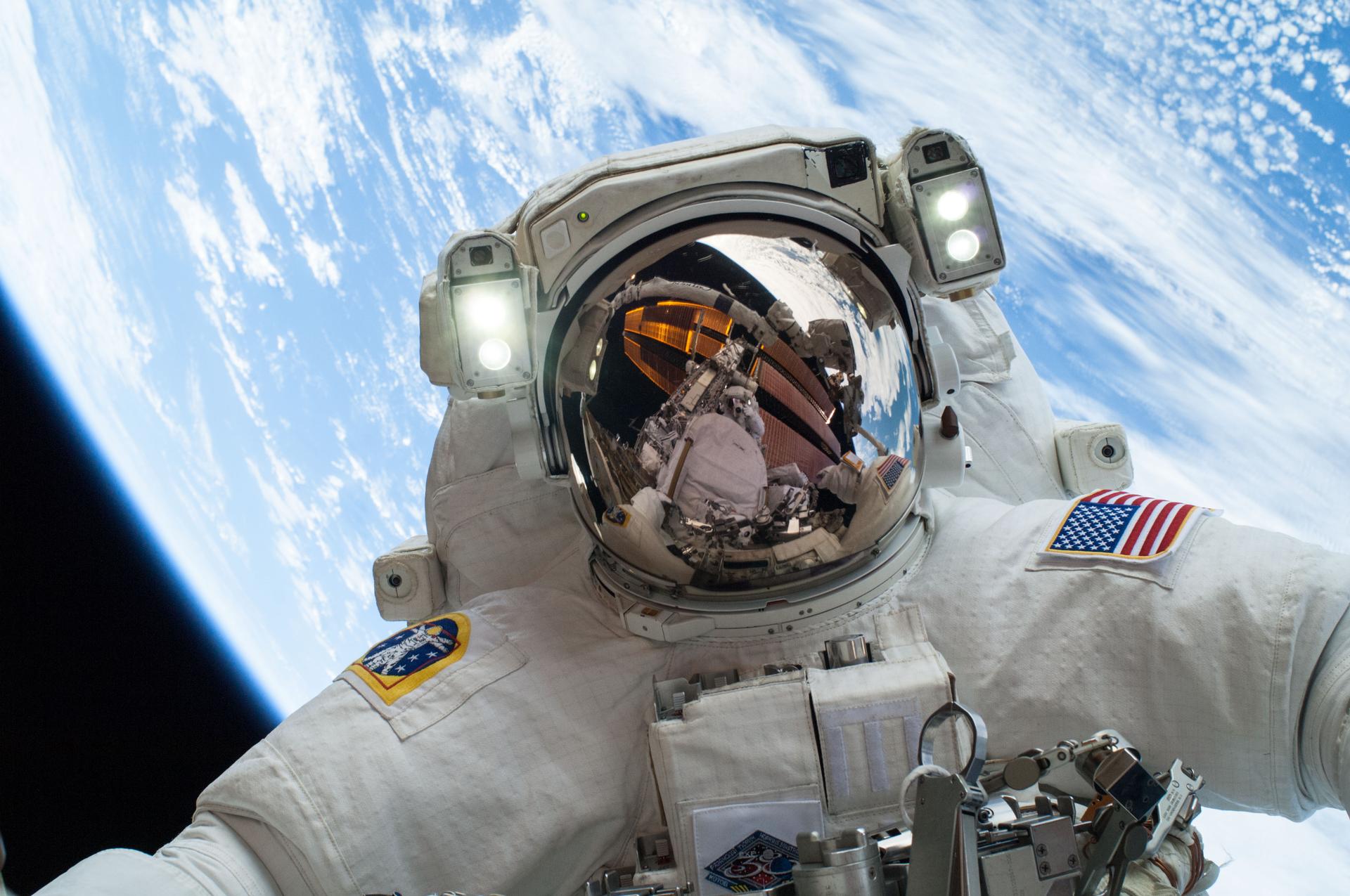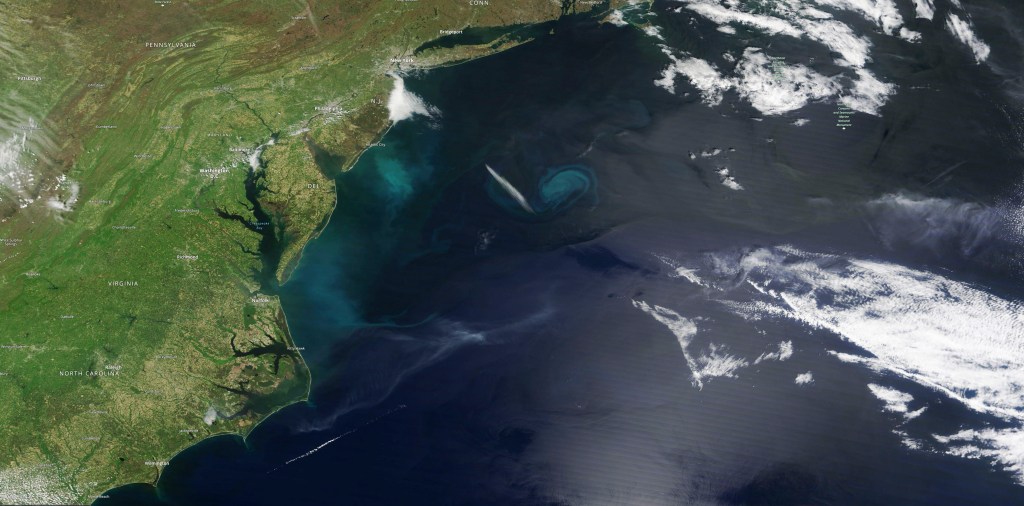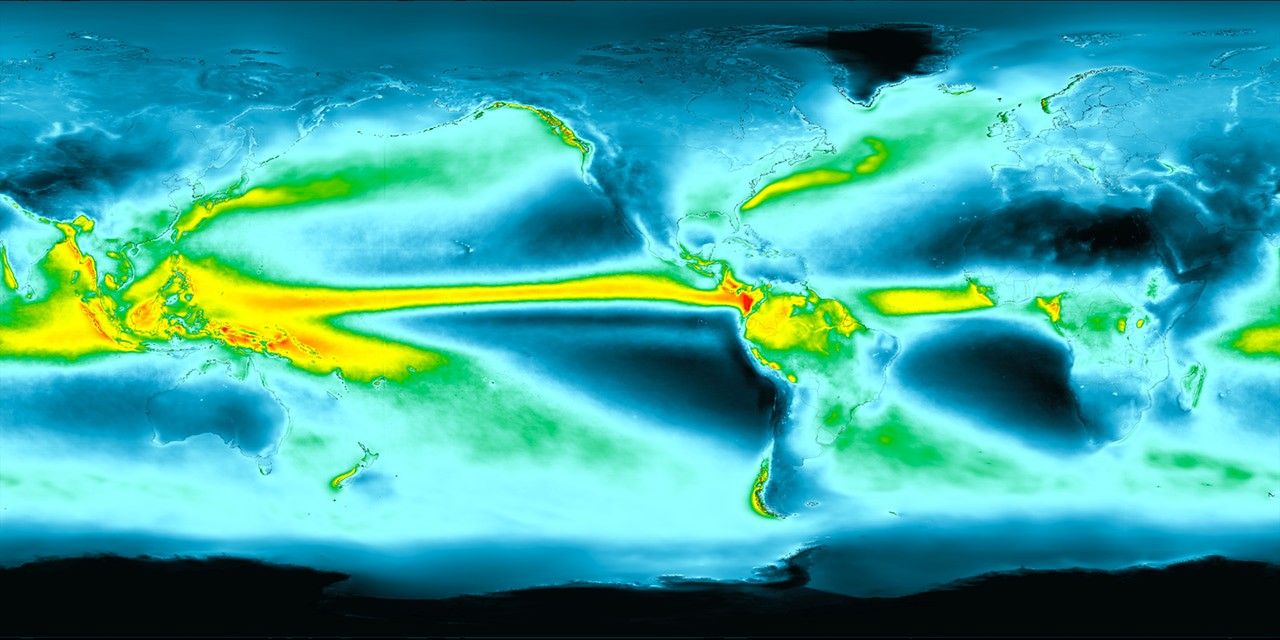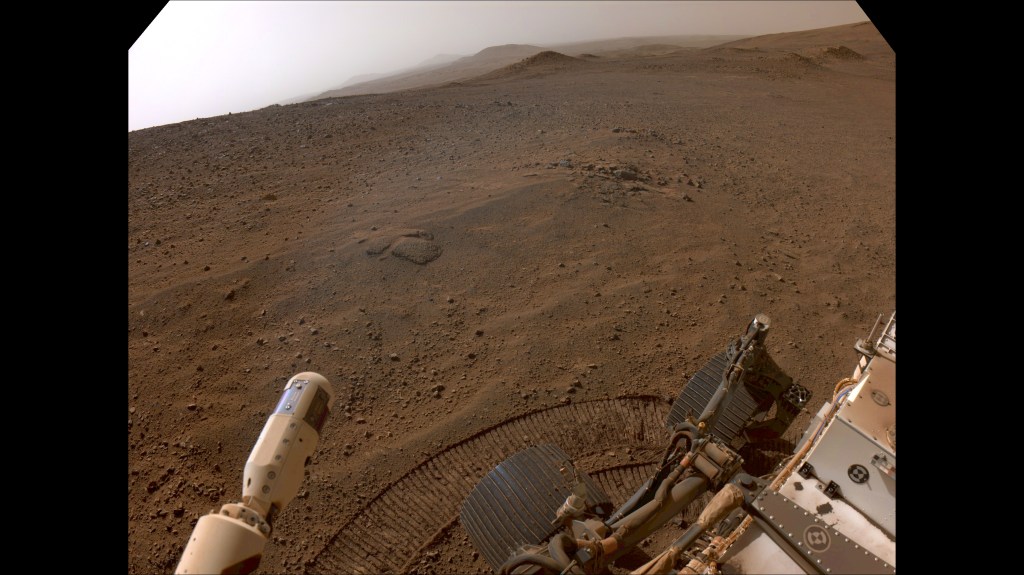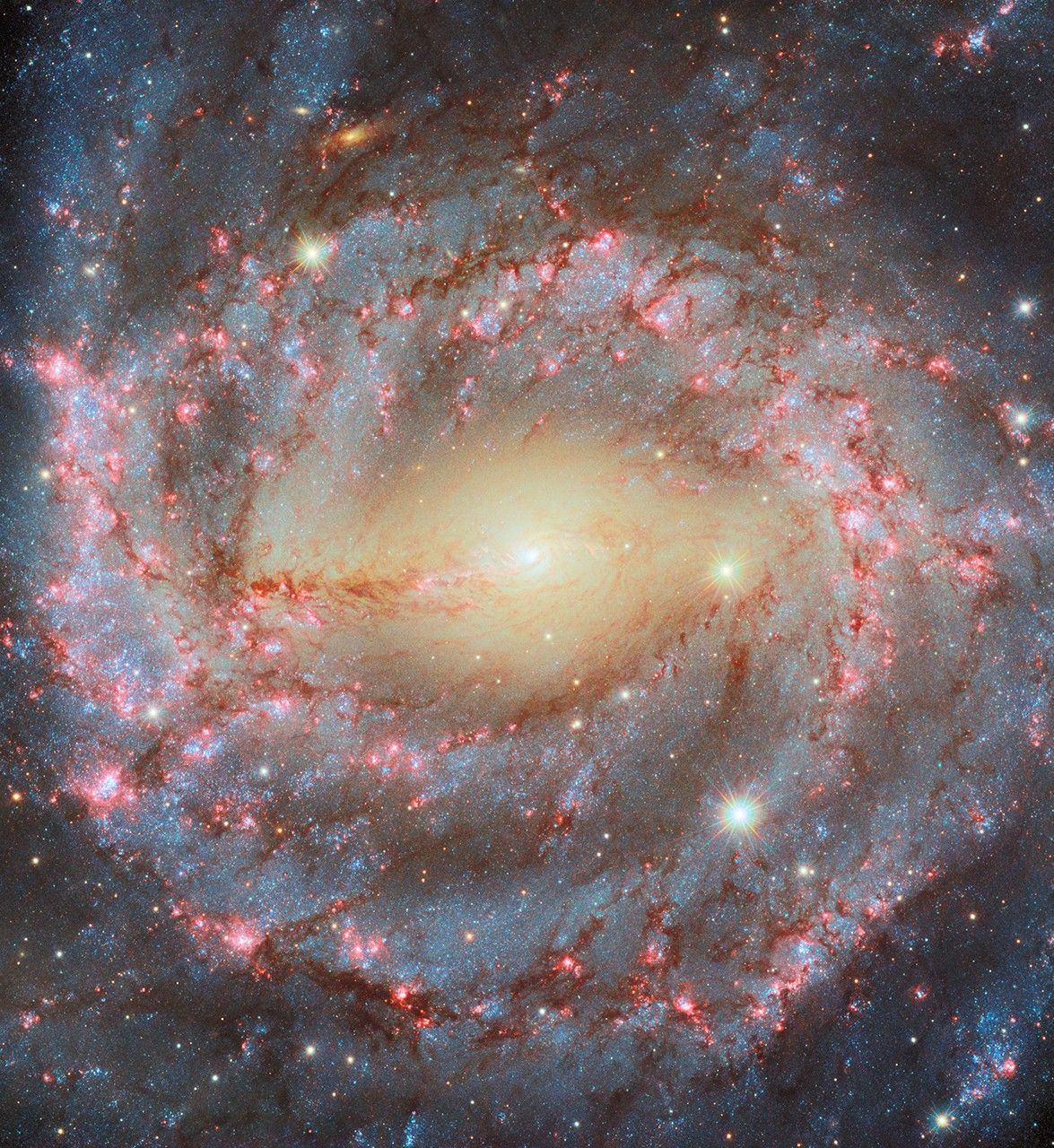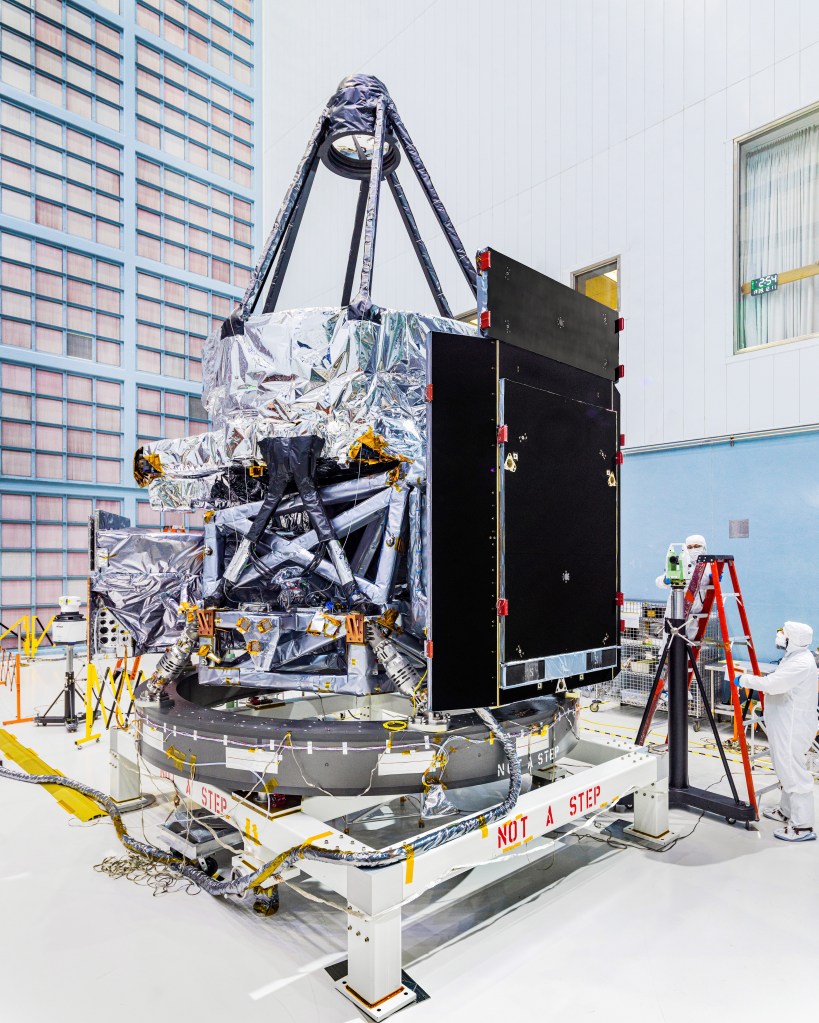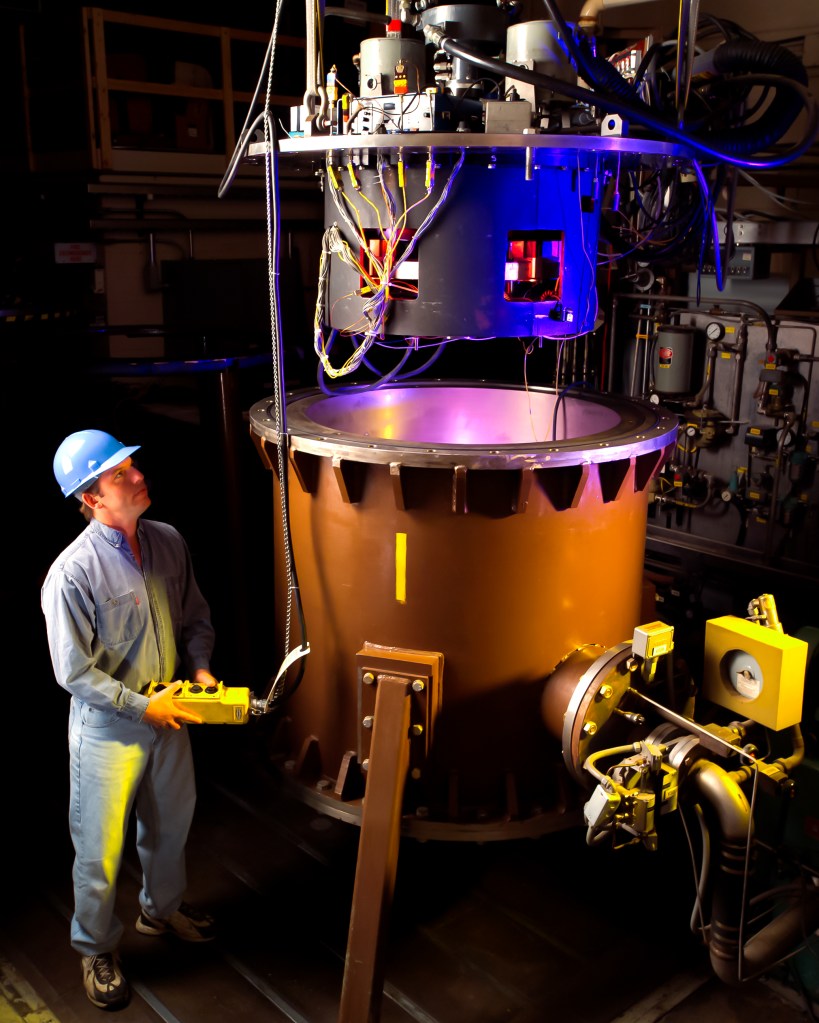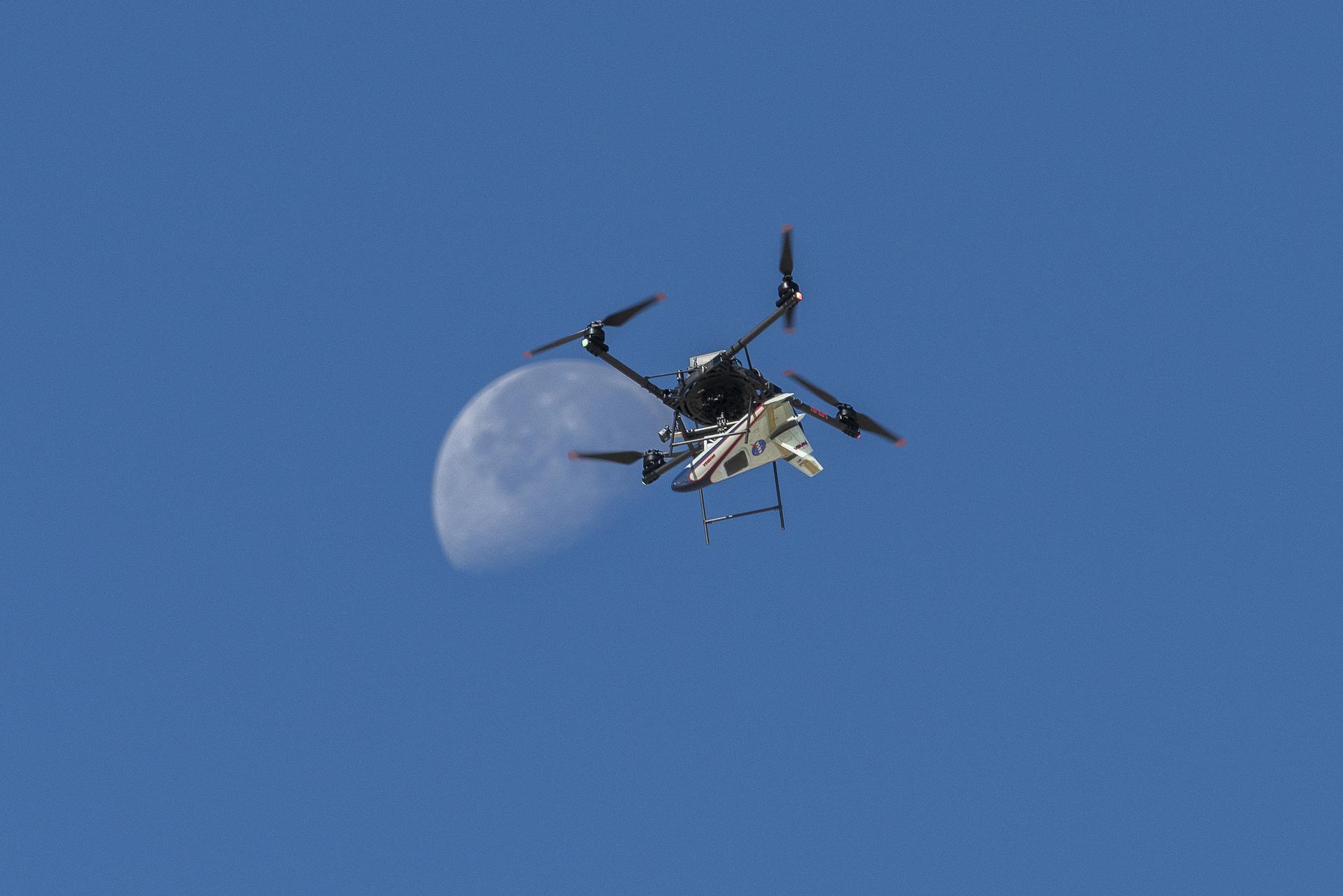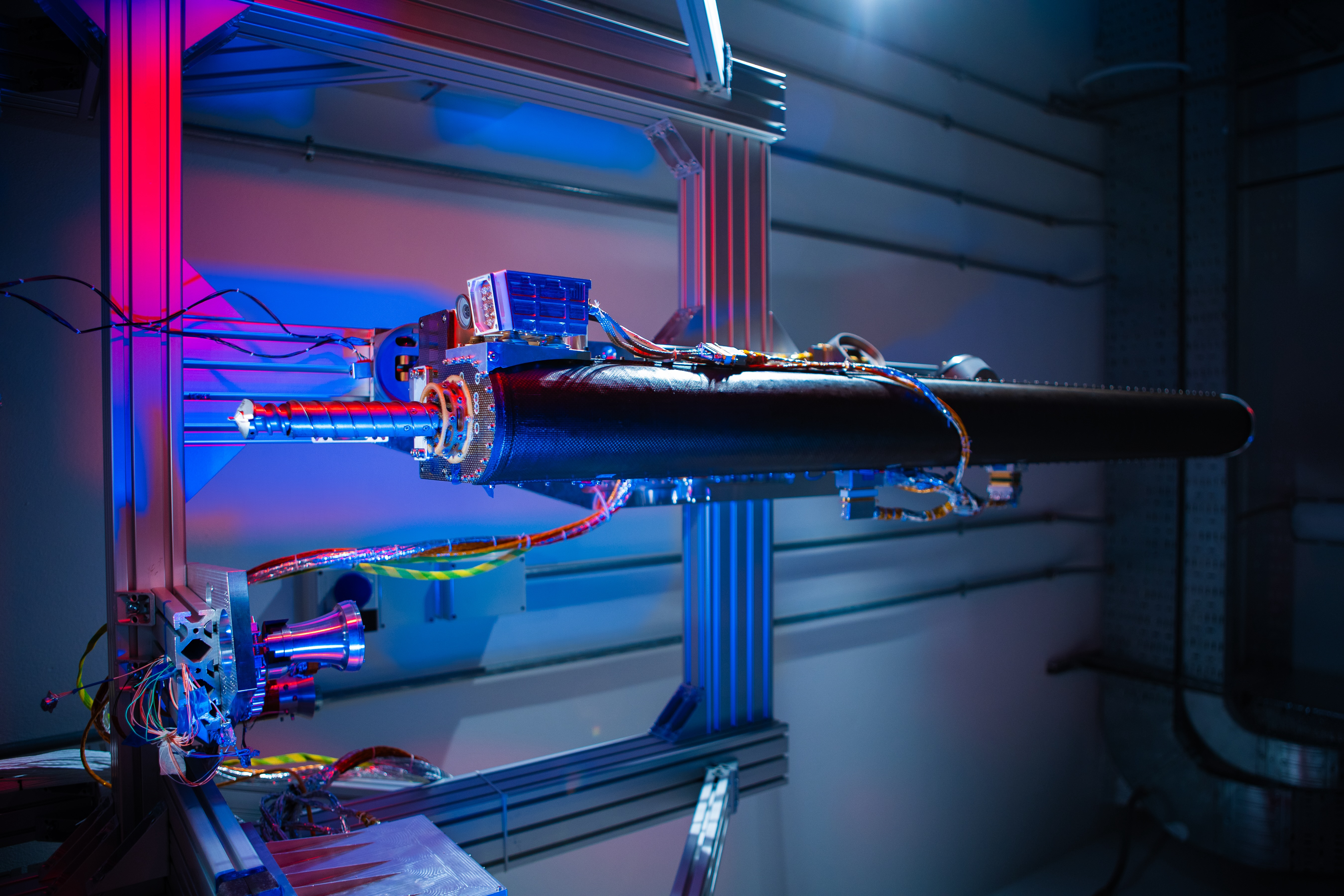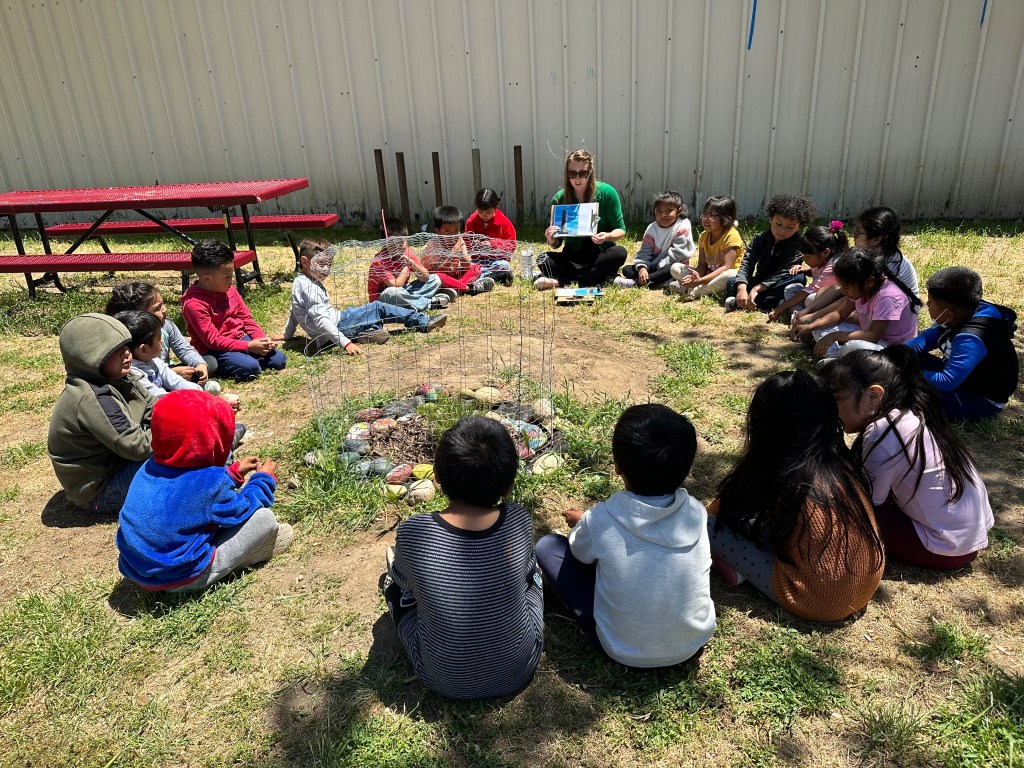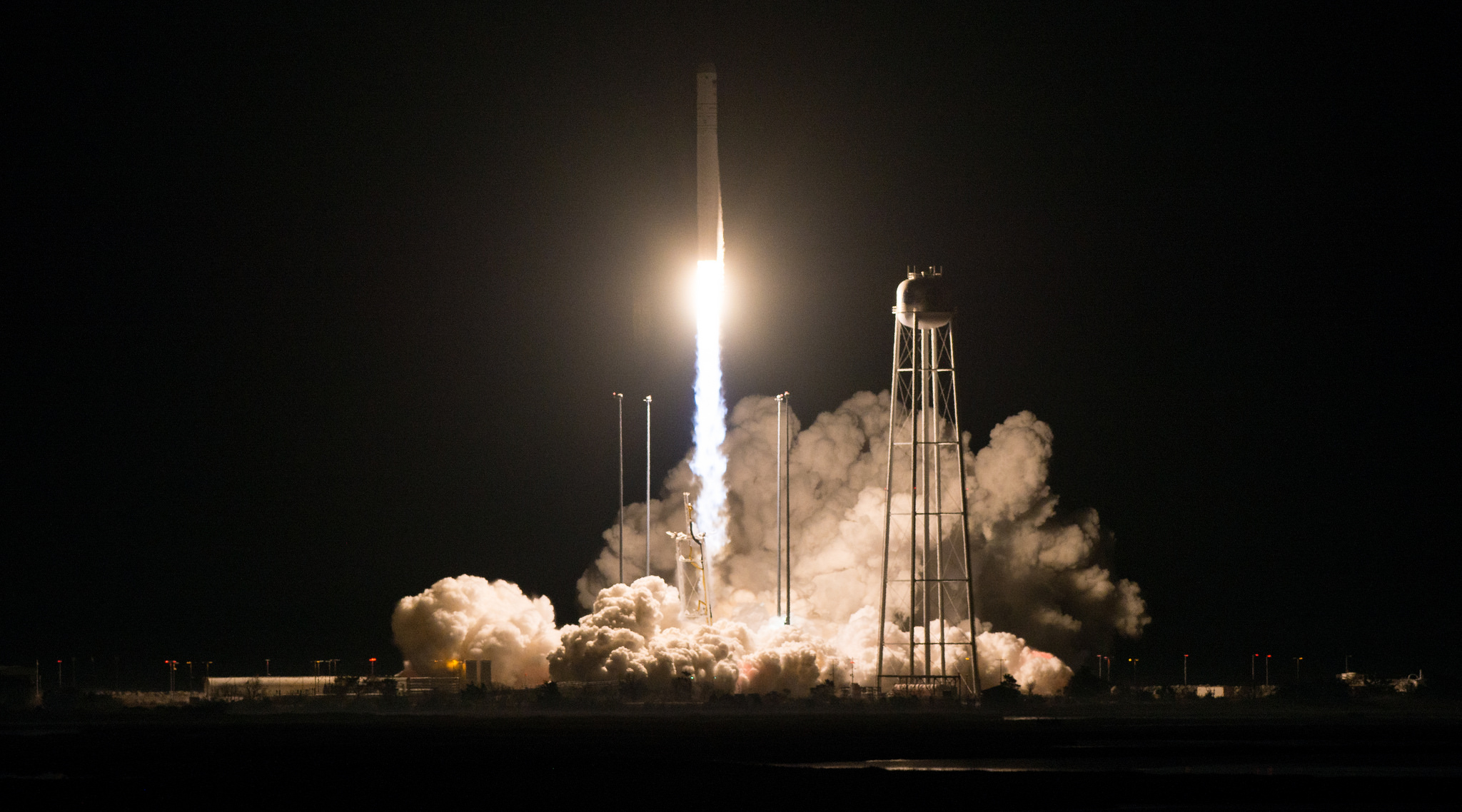
Media accreditation is open for the launch from Virginia of Northrop Grumman’s 14th commercial resupply services mission to deliver NASA science investigations, supplies, and equipment to the International Space Station aboard its Cygnus spacecraft.
Northrop Grumman is targeting liftoff of its Antares launch vehicle for no earlier than 10:26 p.m. EDT Tuesday, Sept. 29, from the Mid-Atlantic Regional Spaceport’s Pad-0A at NASA’s Wallops Flight Facility on Wallops Island, Virginia.
Due to the ongoing coronavirus (COVID-19) pandemic, NASA will credential a limited number of media to cover the Antares launch from Wallops. International media who would be coming from overseas will be unable to register for accreditation for this launch. International media based in the U.S. may apply.
Both U.S. and U.S.-based International media must apply by 4 p.m. Monday, Sept. 14. All accreditation requests must be sent to Keith Koehler at keith.a.koehler@nasa.gov.
Each resupply mission to the station delivers scientific investigations in the areas of biology and biotechnology, Earth and space science, physical sciences, and technology development and demonstrations.
Highlights of space station research facilitated by this Cygnus are:
- Assessment of Nutritional Value and Growth Parameters of Space-grown Plants (Plant Habitat-02), which will cultivate radishes in the Advanced Plant Habitat facility as a model plant that is nutritious and edible. The ability to reliably grow nutritionally-valuable food crops in space which will be critical for NASA’s human exploration of the Moon and Mars
- The Universal Waste Management System (UWMS) that will demonstrate the technology for a compact toilet for astronauts to use on deep-space exploration missions
- The Leveraging Microgravity to Screen Onco-selective Messenger RNAs for Cancer Immunotherapy (Onco-Selectors) investigation to leverage microgravity to test a biologic drug that could be used for the treatment of leukemia
- An investigation from the University of Puerto Rico to test oxidation of ammonia in microgravity as a potential means of producing water and energy for future long-term space missions
- A 360 degree virtual reality camera from Montreal-based film studio Felix & Paul, which is set to be taken outside the space station to capture a spacewalk in cinematic virtual reality
Cargo resupply from U.S. companies ensures a national capability to deliver critical science research to the space station, significantly increasing NASA’s ability to conduct new investigations at the only laboratory in space.
Get more information about Northrop Grumman’s commercial resupply missions at:
-end-
Kathryn Hambleton
Headquarters, Washington
202-358-1100
kathryn.hambleton@nasa.gov
Keith Koehler
Wallops Flight Facility, Wallops Island, Va.
757-824-1579
keith.a.koehler@nasa.gov
Trina Patterson / Vicki Cox
Northrop Grumman, Dulles, Va.
480-814-6504 / 410-409-8723
trina.patterson@ngc.com / vicki.cox@ngc.com

